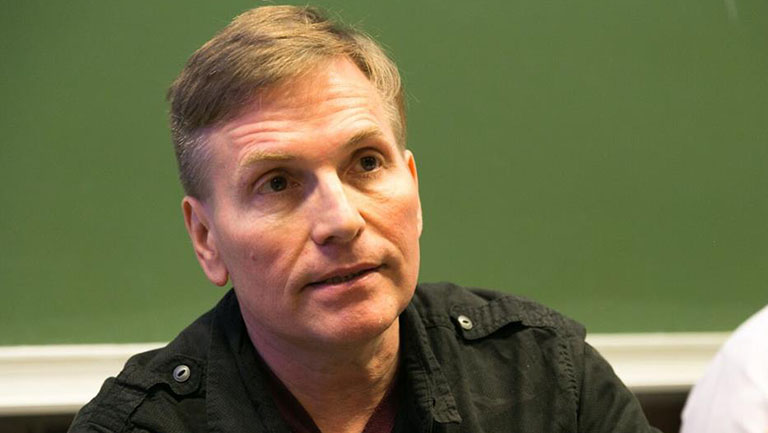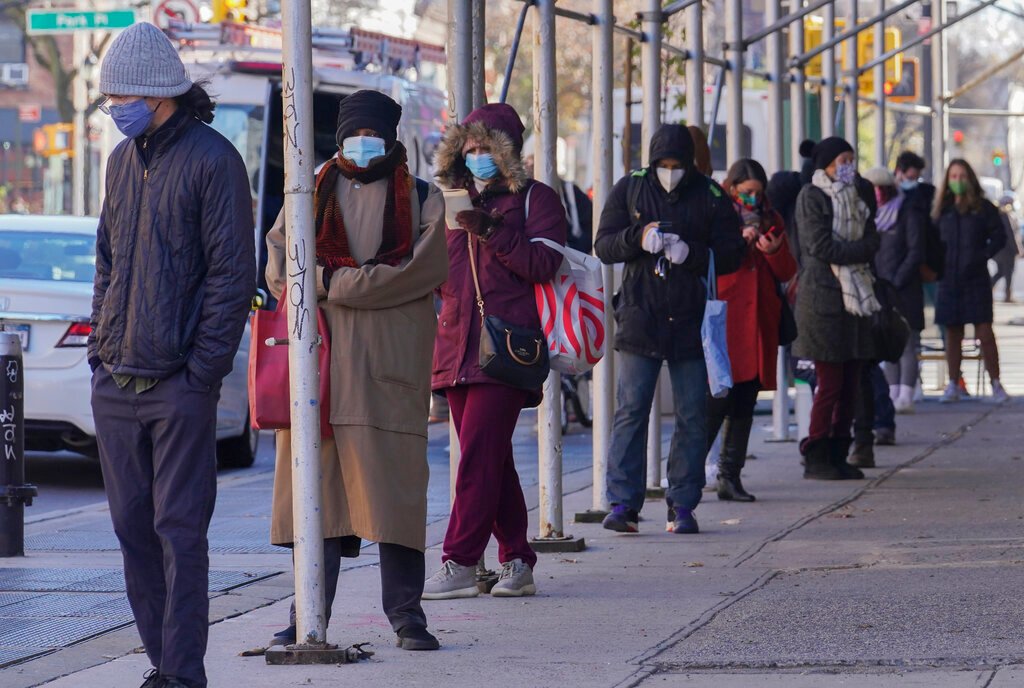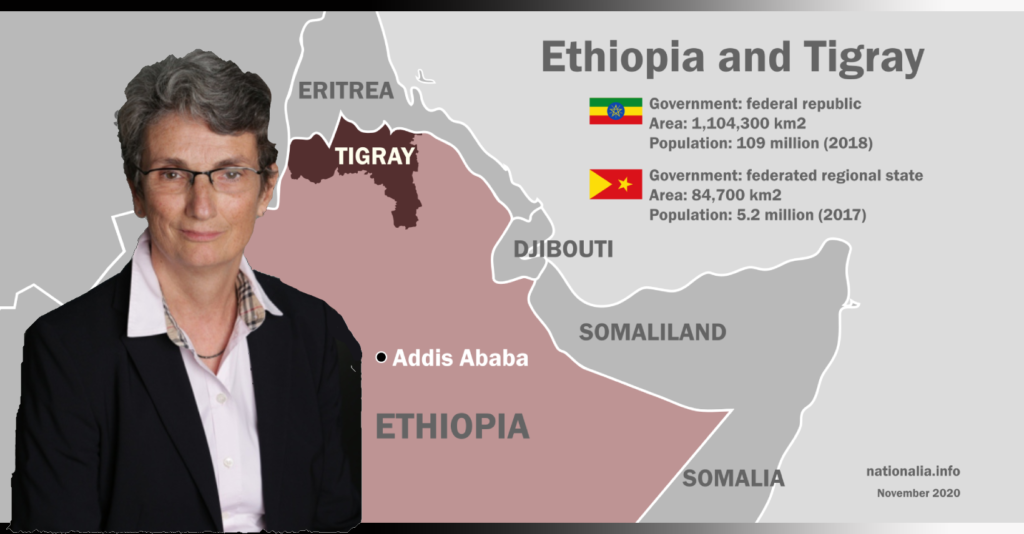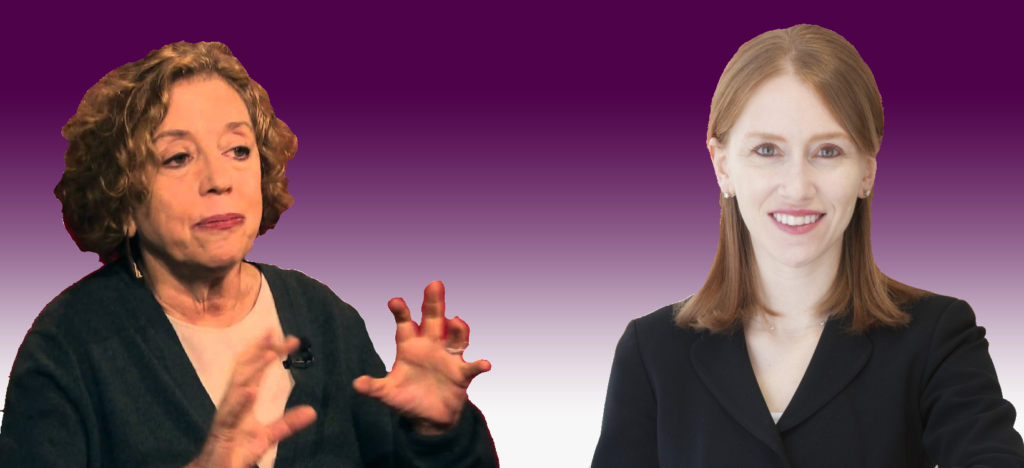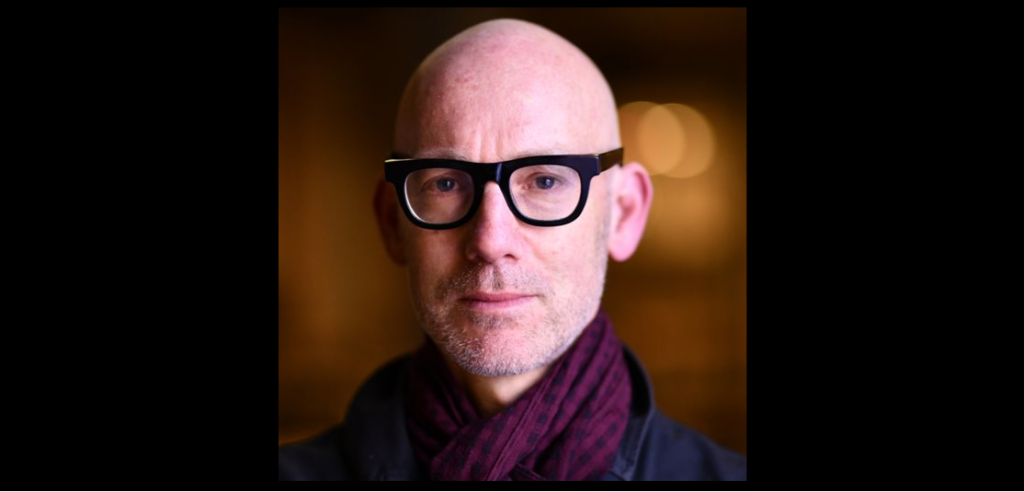How plausible is the movement for Universal Basic Income (UBI) in today’s political climate? Is it a form of communism, as its critics paint it,
It has often been said of the coronavirus pandemic that “we are all in this together.” Yet this claim seems manifestly misleading in regard to the economic winners and losers, two groups that consist disproportionately of those who produce and sell certain kinds of “tech” products and services, on the one hand, and those who do not, on the other. More specifically, available data indicates that the tech elite–the founders and largest shareholders of certain tech companies–have in fact profited handsomely from the crisis and the turn to their products and services that has occurred in response. This paper addresses the extent to which “Big Tech” and the tech elite have benefited financially from the coronavirus crisis, as well as the degree to which they have sought to give back some of their gains in order to help the broader population that has suffered from the crisis. In order to address these issues, we have gathered data on the stock prices, corporate revenues, and profits of the Big Tech firms and on the incomes and wealth of the tech elite, and we compare these winnings with data on their philanthropic giving during the pandemic year of 2020. We note that tax policies undergird both the explosion of tech profits and the growth of philanthropic giving in response to the crisis. We find, perhaps not surprisingly, that the winners among the tech elite have not “been in it together” with the rest of us, but instead have benefited dramatically from the pandemic without necessarily giving large amounts of money relative to their wealth or orchestrating their philanthropy in such a way as to effectively mitigate the suffering of ordinary people. We thus argue that tax reforms are necessary to ensure that more of the social product comes under the control of the public treasury and that it is distributed according to processes of democratic decision-making rather than by way of taxpayer-subsidized charitable giving.
Where does Canada fit into the global order today? Canada played an important role in building the US-led world order in the post-World War II
The conflict in Tigray, the northernmost region in Ethiopia and just south of Eritrea, grows increasingly worrisome, yet very little concrete information about the events
While March 8th is celebrated as International Women’s Day, international women’s rights is still an area in need of much greater attention. How did we get
“Actions That Shock the Conscience of Mankind”: Limitations of the Genocide Paradigm with Dirk Moses
The latest episode of the Ralph Bunche Institute for International Studies’ podcast, International Horizons, is out now. Today on International Horizons we host Dirk Moses, Frank

